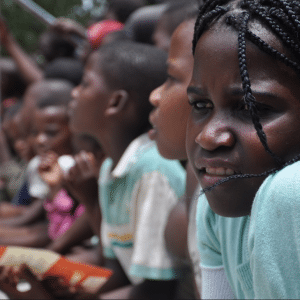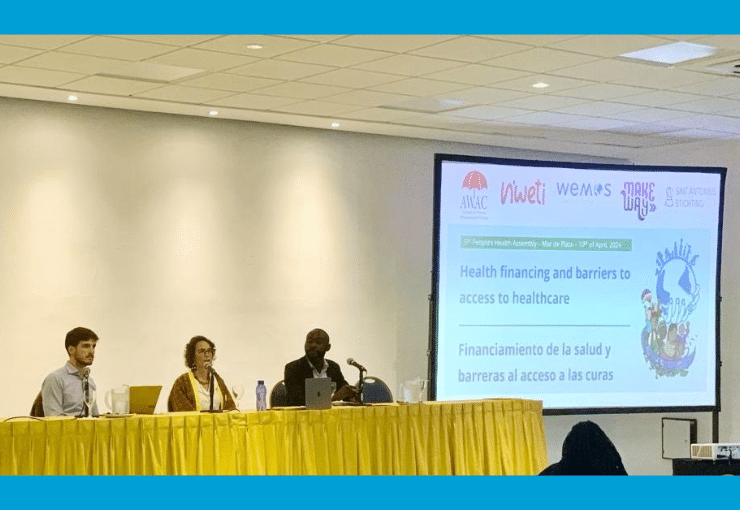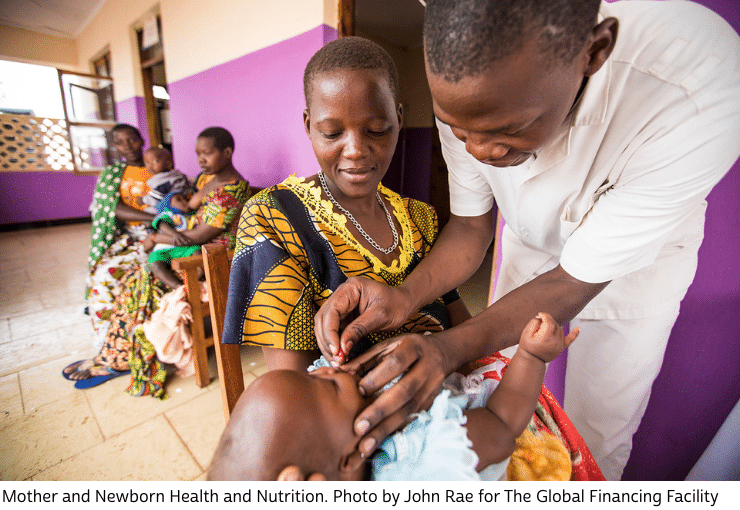N’weti and Wemos are proud to publish the policy note ‘Towards Mapping the Fiscal Space: Health Sector Financing Strategy in Mozambique’, as part of the project ‘Equitable health financing for a strong health system in Mozambique’, funded by Sint Antonius Foundation Projects. The paper offers concrete steps to increase domestic resources for public health, ensuring that health services become more accessible and affordable for all.
Overcoming major funding challenges in Mozambique’s health sector
Mozambique’s health situation is critical. The high levels of poverty, infectious and communicable diseases such as HIV, malaria and tuberculosis, along with children’s chronic malnutrition, pose significant challenges to the national health system. The country urgently needs sufficient funding to build a resilient and strong health system.
Currently, more than half of Mozambique’s health budget is financed by external sources, which makes the country dependent on their availability, strategies and conditions. Therefore, it is crucial that the country finds new sources to fund its health system and guarantee accessible health services for its population, in particular for vulnerable groups.

Photo: N’weti
Analysis of Mozambique’s fiscal space and recommendations to increase budget for health
Before this context, the policy note analyzes Mozambique’s existing fiscal space and the country’s heavy dependence on external financial resources. Drawing on the findings, it provides recommendations to strategically increase and optimize domestic financial resources in Mozambique, including improvements in fiscal planning and the exploration of new sources of income. By expanding the existing fiscal space, the country will be able to allocate more funds to public health, ensuring more accessible health services for people in vulnerable situations.
The policy note is accompanied by a SWOT analysis assessing the strengths, weaknesses, opportunities and threats of Mozambique’s Health Sector Financing Strategy 2025-2034.





